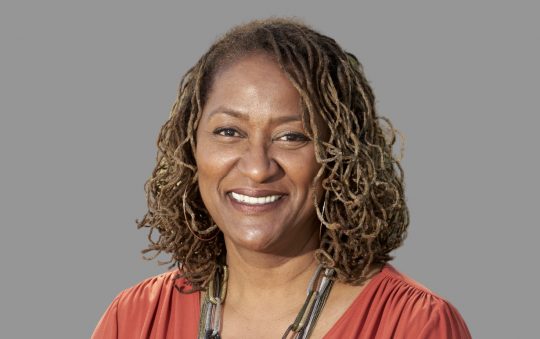
California state agencies came together on April 29 to update faith leaders and nonprofits executives on the disproportionate impact of coronavirus on African Americans and minorities and the array of resources available to combat the crippling disease.
During a 90-minute teleconference, Dr. Nadine Burke Harris, California surgeon general, joined with representatives from the Governor’s Office of Emergency Services and the state departments of Public Health, Social Services and Aging, to share the latest facts and solicit support in educating communities of color.
Burke Harris opened the assembly by acknowledging the increased stress that many individuals are experiencing as a result of the COVID-19. She also explained how that stress leads to secondary impacts that negatively affect physical and mental health.
“We recognize that people are feeling widespread anxiety about the virus, which is compounded by economic stress due to lost wages and unemployment and school closures,” she said. “Plus, many are feeling isolation because of the necessary physical distancing measures that we have had to take. All of these factors can result in an increase of stress-related health conditions.”
Citing some of the conditions, Burke Harris noted that heightened blood pressure, increased blood sugar and inflammation could potentially result in “worse physical and mental health problems such as diabetes, heart disease, depression and unhealthy behaviors such as substance abuse.”
To reassure people that such responses “were just not in their heads,” Burke Harris urged the faith and nonprofit leaders to inform their constituents about simple activities that can protect brains and bodies from the effects of stress. She recommended healthy nutrition, regular exercise, meditation or prayer, staying connected with social supports and obtaining mental health care as actions that can reduce negative and overwhelming emotions.
In addition, she emphasized the importance of reaching out to people of all ages, genders and living situations, noting that Blacks are often reluctant to trust the advice of medical professionals due to historical inequities in health care and misguided messaging.
“While the virus may be an equal opportunity menace, this pandemic is magnifying the deeper conditions that lead communities of color to be at a greater risk. Black and Brown people are dying from COVID-19 at disproportionate rates and at younger ages,” insisted Burke Harris.
“These disparities are the result of generations of policies and decisions. People with disabilities, those without housing, those without legal protection and communities of color have been particularly impacted by the historic policies and practices that limited access to education, jobs and neighborhoods,” she said.
Mentioning Governor Gavin Newsom’s commitment to “protecting historically low-income communities,” she also advised the participants about the governor’s actions to address inequities and requested that the leaders direct their congregations and clients to access the resources listed at covid19.ca.gov.
Kim McCoy Wade, director of the Dept. of Aging, focused on sharing information that the state offers to assist older adults. Recognizing that some seniors are hesitant to visit hospitals for care due to concerns about catching the virus, McCoy Wade counseled against such opinions.
“Do not be concerned about calling 911 or [be] afraid of going to an emergency room. We want people who have a health emergency to get the assistance that they need,” she said.
“We can also assist with food, health and connection services to assist those who are lonely. They are called friendship lines. They can help with loneliness, depression and feelings of isolation. They are all available at engage.ca.org or by calling 1-888-670-1360,” added the director, who directed people to also call the hotline to request wellness checks on older adults.
Kim Johnson, director of the Dept. of Social Services, outlined the state’s resources to aid undocumented immigrants. Since many immigrants may not qualify for the federal assistance provided by the CARES legislation, Johnson said the state has established a range of programs to help including legal assistance and housing support for people over 65.
Also, California has compiled a guide that lists all of the programs to protect against coronavirus that are available for undocumented people. Other areas of assistance in the guide include small business support, testing and treatment, accessing public benefits and protection against scams.
“Please share all of these resources with your community members and take concrete steps to lessen the impact of COVID-19,” Burke Harris said.
To learn more, visit covid19.ca.gov.







